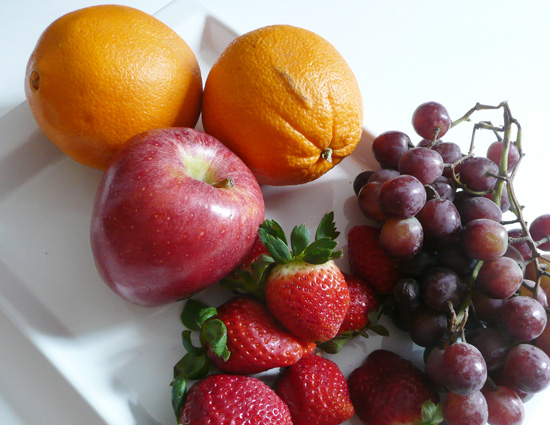Low Carb Diets Doesn't Mean No-Carbs
A low carb diet is a dietary program that restricts the consumption of carbohydrates for the purpose of weight loss or weight control. The text below busts a low carbing myth: most people are inclined to think that low carbing means no carbs at all, but this is not true!
If you think that low carbing means eating just meat and eggs all day, you are making a big mistake. First, if you plan to go on a low carb diet, you should do it step-by-step, gradually lowering the amount of carbohydrates contained in your meals. For instance, if you are used to drinking a lot of sweet fizzy drinks, you should first replace the regular Coke and Pepsi with their light versions and then, when you reach your first week of low-carbing, you can try some home-made low carb drinks. For instance, you can add some lemon juice, mint, or some diet artificial sweetener in the mineral water you drink. Some medical practitioners warn that eating too much high protein food can put a lot of strain on your kidneys. To avoid this problem, you should include a lot of low carb fruits and vegetables such as sprouts, green vegetables (lettuce, spinach, chard), radishes, mushrooms, cabbage, cucumbers, peppers, etc. If you look at the carb count of these veggies, you will see that all of them contain some carbs, but their quantity is rather low. Make sure you avoid carrots, though, as they are a real carb bomb that can bust your diet!
As far as fruit is concerned, it is believed that cranberries, raspberries and blackberries are the fruits lowest in sugar. To give you the bigger picture, here is the list of carb counts for some of the most popular fruit, so that you can decide how much of each fruit you can include in your low carb diet. It has been estimated, for example, that an average medium-sized apricot contains just 3 grams of carbohydrates. Be aware that an average apple contains 21 grams of carbohydrates, while a banana is a true carb bomb, as it is charged with 24 grams of carbohydrates and whole of 105 calories. Cherries are also to be avoided by those on a low carb diet, although they contain a lot of Vitamin C. A cup of cherries is packed with 15 grams of carbs. Needless to say, dates and figs are strictly forbidden on a low carb menu. Curiously enough, the glycemic index of dates is 103 which is higher than glucose! Kiwi fruit, and lemons you certainly can eat when on a low carb diet, as their carb count is relatively low. Oranges, mangoes and papaya have to be avoided. In addition, eating some low carb fruits between the meals can help you deal with carb cravings which torment many of the people on a diet.

Keep in mind that the recommended intake of carbohydrates depends on various factors such as age, current weight, height, physical activity and training volume. Active persons and athletes, in particular, need higher daily amounts of carbohydrates. You may consider having low carb foods such as oatmeal or whole grains so as to prepare your body for your daily workout. Pre-workout carbohydrates are unlikely to be stores as fat. You can also add some 25g of waxy maize to the drink that you sip during your workouts. Your body will use the carbohydrates for energy rather than store them as fat. Moreover, they will help you avoid muscle breakdown. After workout, your body needs high glycemic carbs in order to speed up muscle recovery. Have a banana immediately after the workout and enjoy it: it won't store in the form of fat.
